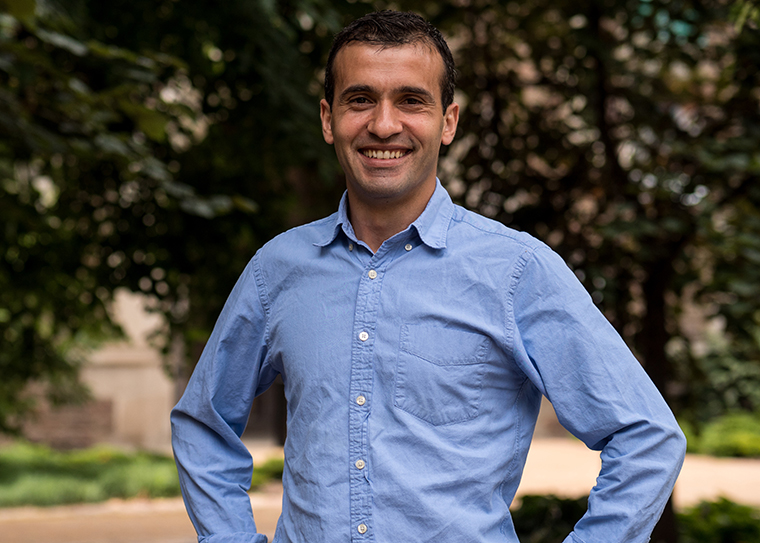
When cells encounter challenges like nutrient shortages, they activate a response known as the integrated stress response, which produces specific proteins to help the cells survive. A study led by Hani Zaher, a professor of biology in Arts & Sciences at Washington University in St. Louis, dives into the mechanisms behind this response.
The scientists investigated what happens to protein production when a translation initiation factor called elF4E is removed in yeast cells. They found that the absence of eIF4E led to an increase in the production of Gcn4, one of the key proteins associated with integrated stress response. The researchers also shared a new model to explain their observations, linking some activity to changes in the speed at which ribosomes move along genetic instructions.
Findings from this study, published in June in Molecular Cell, may have implications for why certain cancers alter the concentrations of translation factors.






